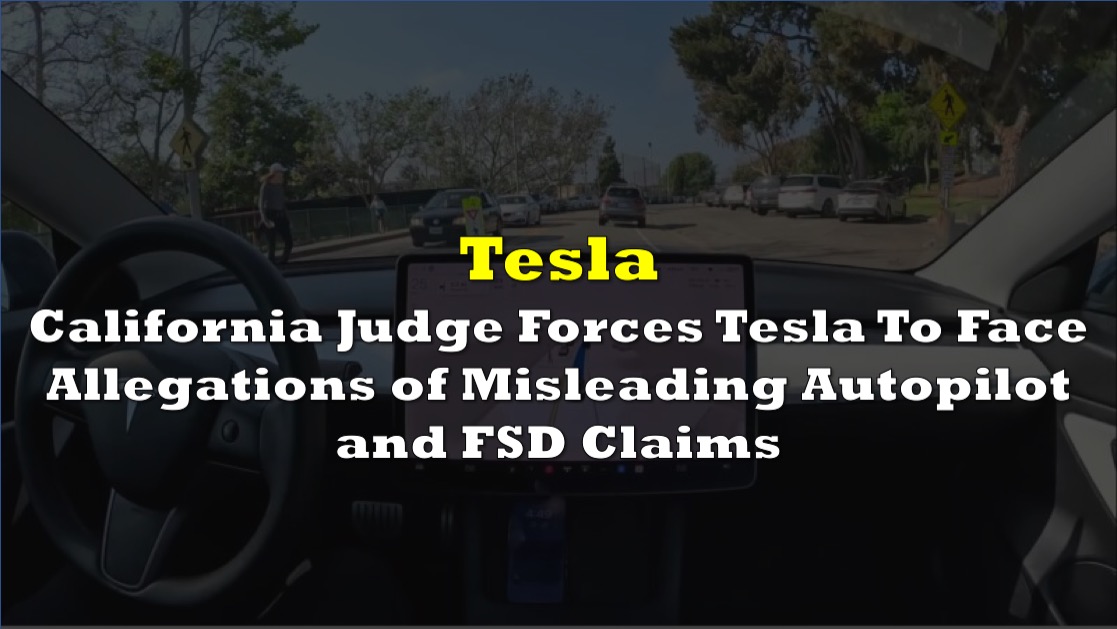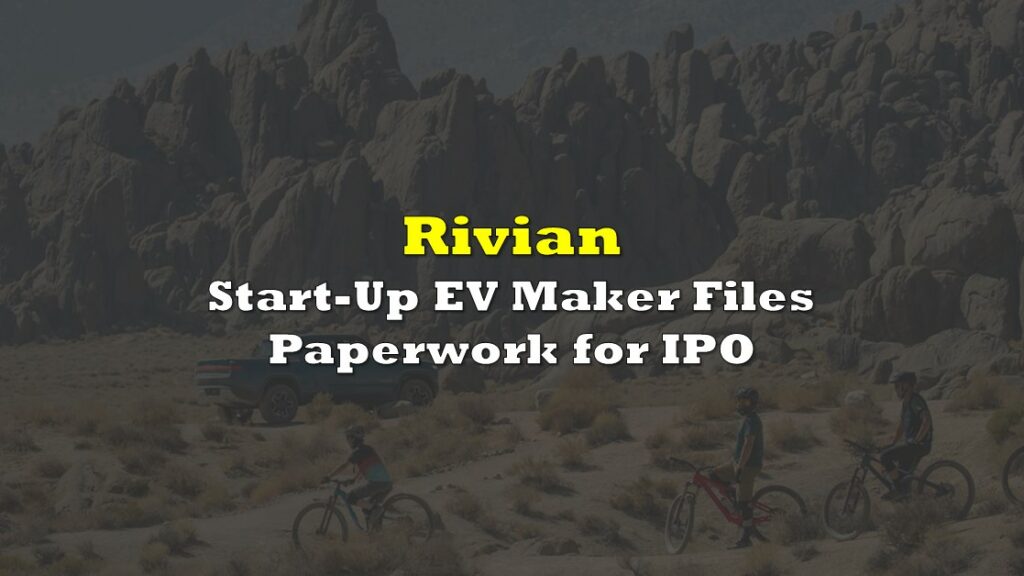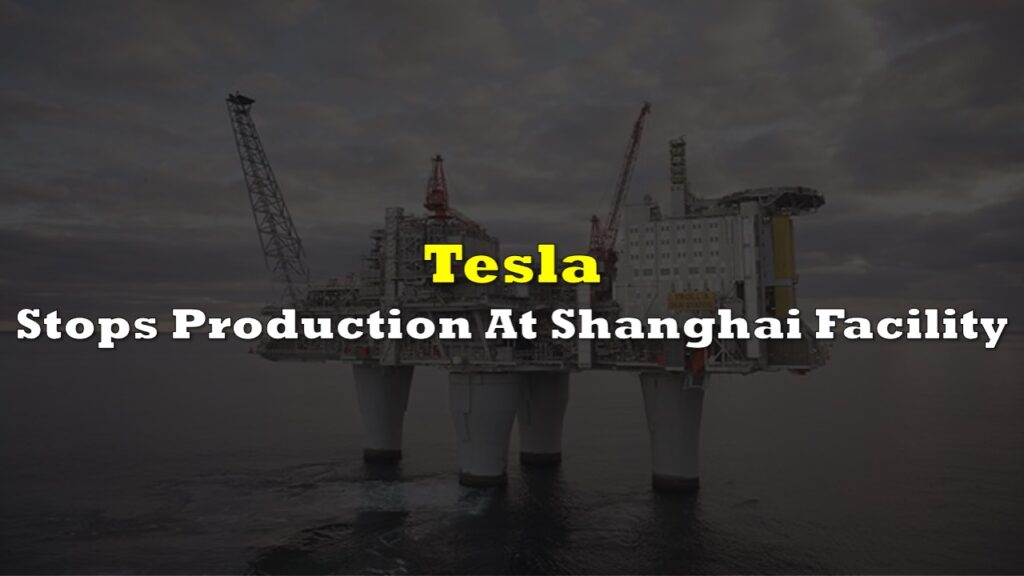A California administrative judge has ruled that Tesla Inc. (NASDAQ: TSLA) must confront allegations from the California Department of Motor Vehicles (DMV) regarding the company’s claims about its “Autopilot” and “Full Self-Driving” (FSD) features. The DMV alleges that Tesla overstated the capabilities of these systems, misleading consumers into believing that the vehicles could operate autonomously without human supervision.
A CALIFORNIA ADMINISTRATIVE JUDGE HAS RULED THAT TESLA INC. MUST FACE ALLEGATIONS FROM THE CALIFORNIA DEPARTMENT OF MOTOR VEHICLES (DMV) THAT THE COMPANY OVERSTATED THE CAPABILITIES OF ITS "AUTOPILOT" AND "FULL SELF-DRIVING" (FSD) FEATURES. THIS FOLLOWS SIMILAR CLAIMS IN A…
— First Squawk (@FirstSquawk) June 10, 2024
This ruling aligns with a broader set of challenges facing Tesla. The company is currently dealing with a proposed class-action lawsuit in federal court where plaintiffs argue that Tesla’s marketing misled them about the self-driving capabilities of their vehicles. In addition, the National Highway Traffic Safety Administration is investigating whether defects in Tesla’s Autopilot feature have contributed to a series of crashes, some of which were fatal.
The California DMV started investigating Tesla for misleading FSD ads in 2021. The agency’s concerns arose from discrepancies between Tesla’s public statements and the information it provided to the DMV. In 2022, the DMV formally inquired about these potential misrepresentations, leading to an official complaint when Tesla’s responses were deemed unpersuasive. Tesla had argued that it should be allowed to continue its practices because it had done so for years without issue, a stance that did not hold up in court.
An administrative judge ruled that the DMV case will proceed to a full trial. This decision follows Tesla’s unsuccessful attempt to have the case dismissed on the grounds that it violated its free speech rights, an argument that does not apply to false advertising under established legal precedents. This marks the second time in a month that Tesla has failed to get an FSD false advertising case dismissed before trial; a federal judge ruled in May that Tesla must face a class action over similar claims.
Tesla is also under scrutiny from the Securities and Exchange Commission for potential securities fraud related to its FSD advertising. The core issue is Tesla’s use of the terms “Autopilot” and “Full Self-Driving” for its driver-assist technologies, which the DMV and other regulators argue could mislead consumers about the vehicles’ actual capabilities. While “Autopilot” suggests a level of autonomy similar to that of an airplane’s autopilot system, it still requires active driver supervision. “Full Self-Driving,” however, implies complete autonomy, a capability that Tesla’s systems have yet to achieve.
Both Autopilot and FSD are classified as Level 2 systems by the Society of Automotive Engineers, meaning they require driver supervision at all times. Currently, only one consumer system, Mercedes’ Drive Pilot on the EQS, meets the criteria for Level 3 autonomy, where the car can handle most driving tasks but the driver must be ready to take over when prompted.
Tesla’s ongoing language change to “Full Self-Driving (Supervised)” and the recent free FSD trial for US owners might be attempts to clarify these capabilities amid increasing legal pressure.
Despite these controversies, some Tesla owners have successfully pursued individual false advertising claims. For instance, a UK owner received approximately $10,000 in compensation for undelivered FSD software, and a US owner was awarded a free hardware upgrade after being charged for it twice.
Tesla CEO Elon Musk is also embroiled in a class-action lawsuit filed in Delaware Chancery Court by shareholder Michael Perry, who claims Musk had inside knowledge of a production and delivery miss when he sold over $7.5 billion in stock in 2022. Perry alleges Musk used this nonpublic information to fund his acquisition of the social media platform X, breaching his fiduciary duties to Tesla and its shareholders.
Information for this story was found via Electrek and the sources mentioned. The author has no securities or affiliations related to the organizations discussed. Not a recommendation to buy or sell. Always do additional research and consult a professional before purchasing a security. The author holds no licenses.









